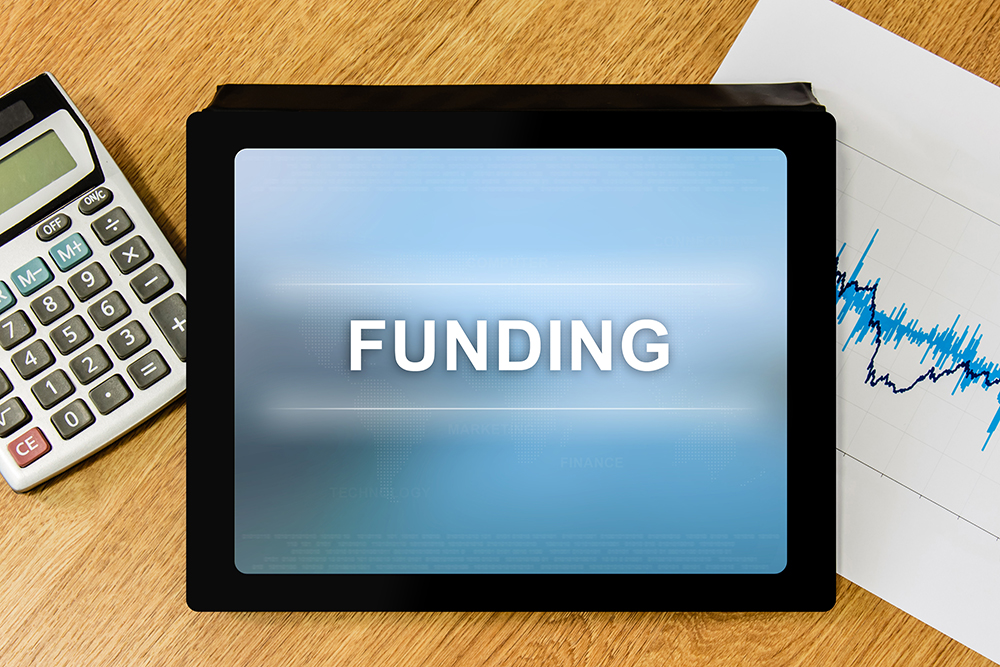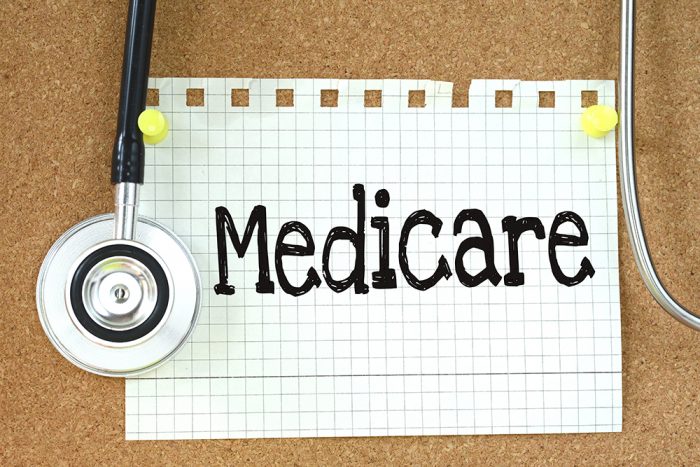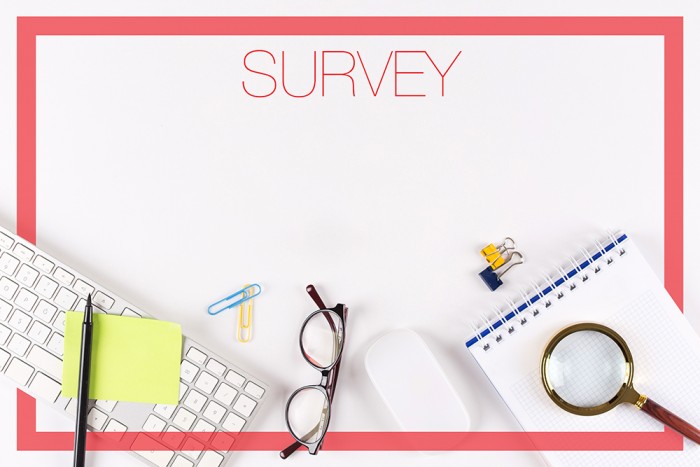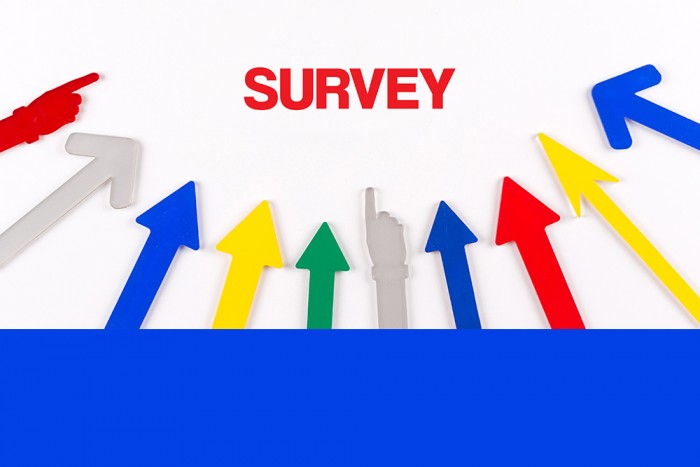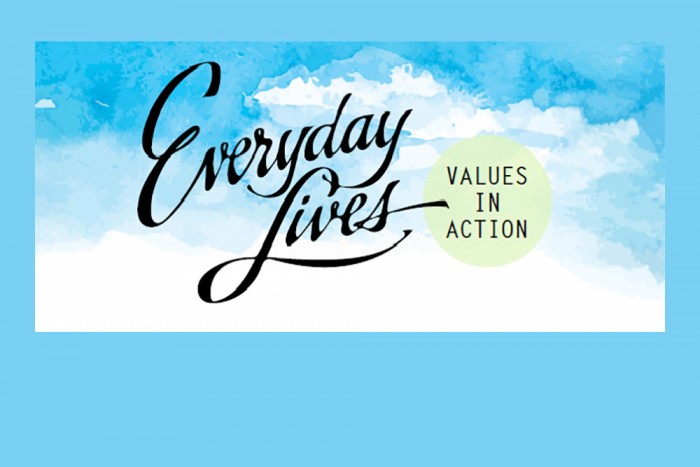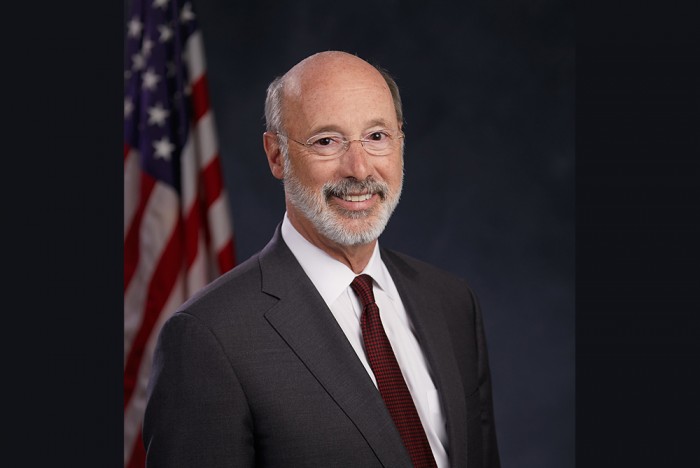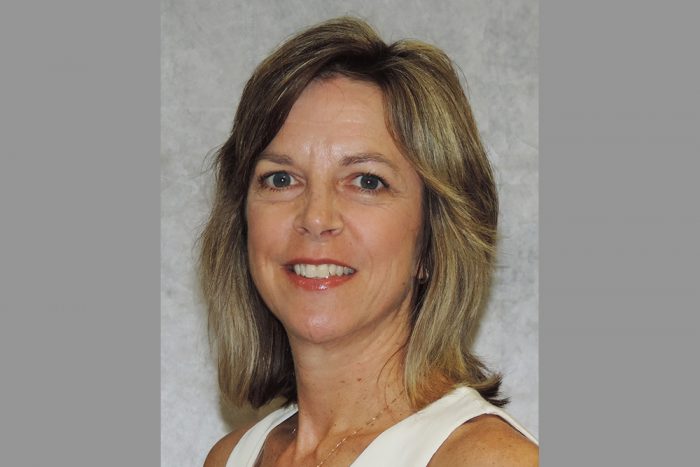Strengthening the Entry-Level Health-Care Workforce: Finding a Path
APSE CESP Testing Partner
Reminder: Provider Survey on Technology Use by People with I/DD
ODP and ASERT Training Needs Survey
Everyday Lives 2020: Recommendations, Strategies, and Performance Measures
DDAP Announces Webinar Opportunity
Life Unites Us: Language & Stigma – Why Our Words Matter
January 26, 2020 at 3:00 pm
In this webinar, participants will:
- Better understand the impact that language has on stigma and why our words matter;
- Gain expert insight and learn about tools to combat stigma; and
- Connect with committed individuals and peer organizations across Pennsylvania.
If you are interested in attending this webinar, please register here. You can learn more about the webinar through this flyer.
Wolf Administration Expands Vaccination for FPP for Long-Term Care Facilities, Launches Retail Pharmacy Partnership
RCPA Member Allegheny Children’s Initiative, a Member of the Partners For Quality Family of Agencies, Appoints Lisa Peterson-Lizun as Executive Director
Guidance for Individual Support Plans that are Effective through June 30, 2021
ODPANN 21-006 – COVID-19 – Guidance for Individual Support Plans that are Effective through June 30, 2021 communicates guidance for services included in individual support plans (ISPs) that are effective through June 30, 2021. It also includes guidance for individuals enrolled in the Consolidated, Community Living, Person/Family Directed Support (P/FDS) or Adult Autism Waiver programs.
On December 22, 2020, the Centers for Medicare and Medicaid Services (CMS) issued a letter directed to state health officials informing states that they may complete a new Appendix K if they want to continue waiver flexibilities. Waiver flexibilities may be continued for no longer than six months after the end of the public health emergency. The Office of Developmental Programs (ODP) will be submitting a new Appendix K to enable the flexibilities specified in the Operational Guide to remain in effect through at least June 30, 2021.
- For current ISPs that contain an end date of March for any flexibility that continues to be allowable and is needed by the participant, revisions should be completed to extend the end date as needed, but it may go no later than June 30, 2021. For new ISPs or ISPs where participants need to utilize the flexibilities for the first time, the flexibilities specified in the Operational Guide may be included in the ISP with an end date of no later than June 30, 2021.
- For current ISPs that contain services that the ISP team agrees will not be utilized between now and June 30, 2021, these services should be removed or end dated in the ISP. Pursuant to CMS guidance, participants must not be disenrolled from the Consolidated, Community Living, or P/FDS Waiver if this causes the participant to have an ISP with no services authorized except supports coordination through June 30, 2021.
- The total number of day units of residential habilitation for participants enrolled in the Consolidated Waiver should not exceed 400 in the ISP for the year. Allowing the ISP to contain more than 365 day units per year minimizes critical revisions related to calculations of residential habilitation “with day” and “without day” caused by unanticipated circumstances.
- For the Consolidated, Community Living, and P/FDS Waivers, ODP encourages ISP teams to delay completion of ISPs for Fiscal Year 2021 – 2022 until guidance is published regarding the development of ISPs that will cover this time frame. For the Adult Autism Waiver, annual review plans (ARP) should continue to be completed in the established time frames.
Questions or comments can be directed to the appropriate ODP regional office.






